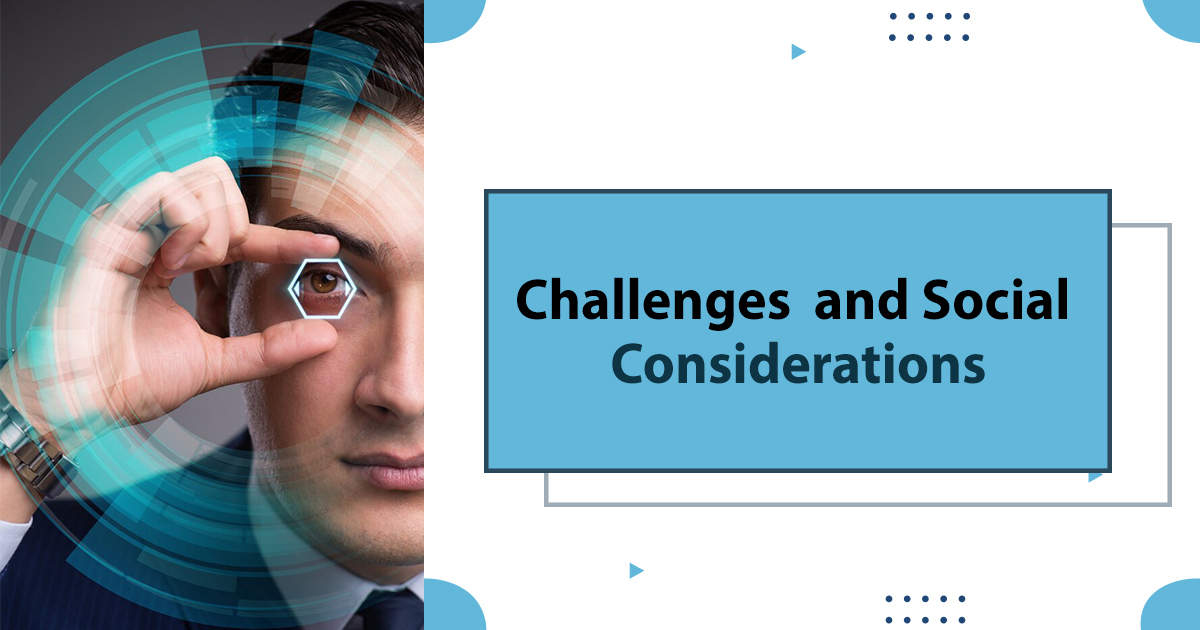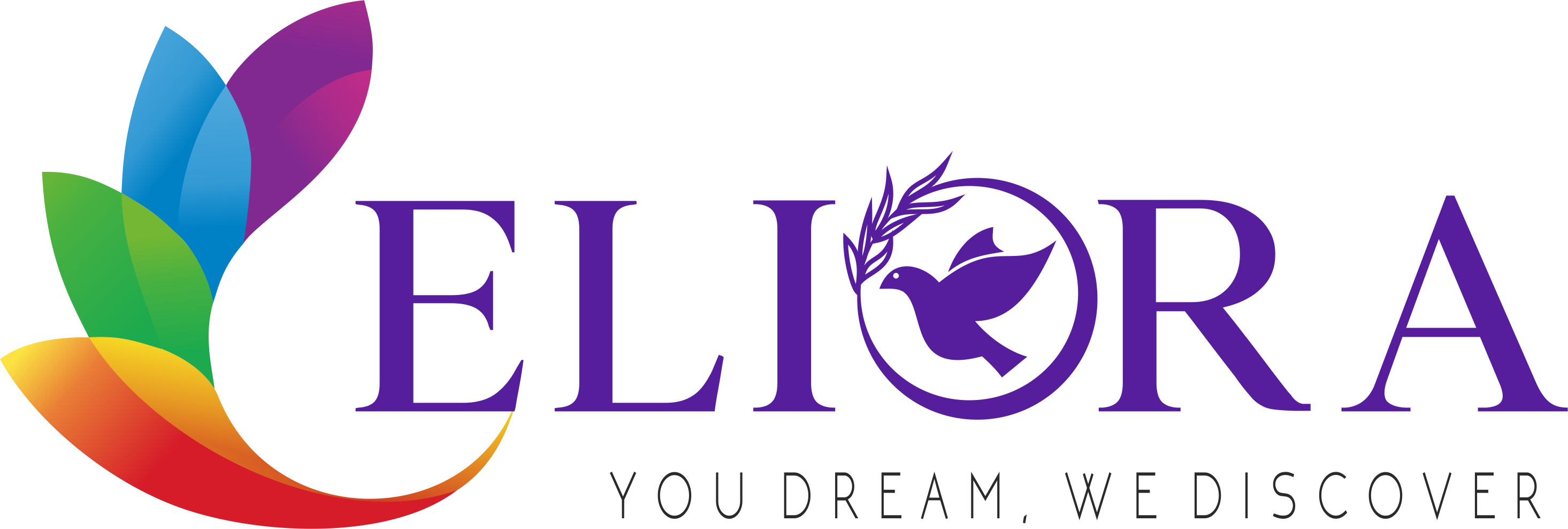Saving Lives and Changing Diagnostics - Artificial Intelligence's Role in Healthcare

Artificial intelligence is revolutionizing healthcare, advancing diagnostics,
providing individualized therapies, and improving patient care. This blog
examines the amazing effects of AI in improving healthcare and saving lives.
Artificial intelligence is a lifeline in the field of healthcare, rather than just a technological achievement. AI increases diagnostic detail, improves patient care, and opens the way for customized medicine thanks to its capacity to handle huge quantities of medical information. It is a powerful gadget, but to improve lives, it must be used with responsibility and with ethical concerns.
Introduction
Modern technologies are having a big influence on patient care, diagnosis, and
treatment results as the healthcare industry undergoes a digital revolution.
Artificial intelligence (AI), which has the potential to save lives and transform the
diagnostic process, has emerged as a popular character among these technical
developments. This blog examines how AI is altering the healthcare industry and
having a significant effect on patient well-being.
Diagnostics Using AI
In healthcare, diagnostics are important. Diagnosis made quickly and correctly
can be the difference between life and death. In this field, AI systems have
demonstrated their value. In a fraction of the time it would take a human expert,
AI-powered algorithms can evaluate enormous volumes of medical data from
multiple sources, including photographs, electronic health records, and even
genetic information.
The application of AI to medical imaging is one such example. AI systems can
expertly analyze medical pictures like X-rays, MRIs, and CT scans. This shortens
the time needed for interpretation and improves accuracy. For example, AI may
spot irregularities in cancer diagnosis that a human eye could miss, increasing
the likelihood of early discovery and saving lives.

Improved Medical Care
Instead of replacing human doctors, artificial intelligence (AI) augments their knowledge.
Medical professionals can utilize AI systems as effective decision-support tools,
leveraging a patient's medical history and present state to generate real-time
recommendations that aid in making better choices regarding treatments and drugs.
Specialized Medicine
The possibility of tailored therapy is one of the most exciting promises of AI in
healthcare. AI can personalize treatment strategies for each patient, taking into
account their genetic makeup and maximizing the effectiveness of therapies by
reviewing the patient's medical history and genetic data. In addition to improving
patient outcomes, this also lowers negative consequences and medical
expenses.
Statistical Analysis
The power of AI to examine large datasets enables it to generate estimates
regarding disease outbreaks, rates of return for patients, and the effectiveness of
treatments. AI may assist medical staff in being proactive, avoiding problems
before they increase, and ultimately improving patient care by spotting patterns
and risk factors.

Challenges and Social Considerations
While AI has great promise for the healthcare industry, it also presents several
difficulties and moral quandaries. When handling sensitive patient information,
privacy and data security are of the utmost importance. It is crucial to make sure
AI systems are properly controlled and follow strict data privacy requirements.
Additionally, human oversight must be provided for AI-driven healthcare
operations. AI is a tool that supports human decision-making, but it shouldn't
completely take its place. It is crucial to maintain a personal touch when
providing medical care.
Conclusion
Artificial intelligence's incorporation into the healthcare industry is not only a
scientific wonder; it also saves lives. AI is quickly transforming diagnoses,
enhancing patient care, and opening the path for more individualized and efficient
therapies. We have the chance to save lives and improve the state of healthcare
by utilizing AI's capabilities while maintaining strict ethical and regulatory
guidelines. AI will become increasingly integral to healthcare as it develops,
helping patients and healthcare workers alike.
